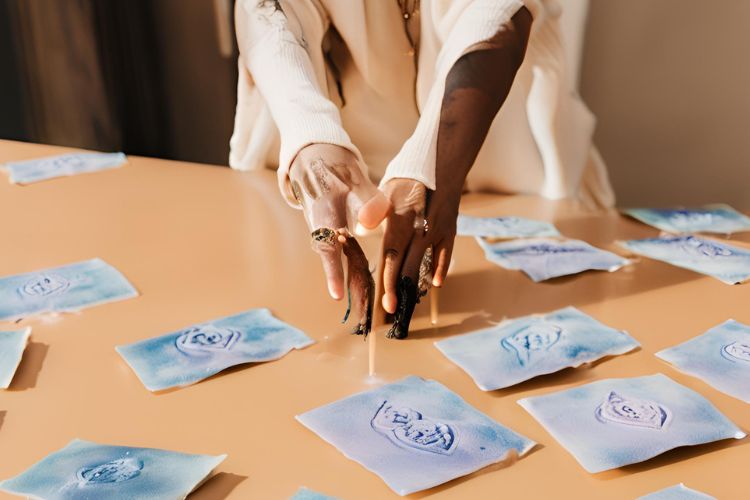Spellcasting is a form of magical practice that has been prominent in various cultures across the world for centuries. The act of casting spells is believed to harness the power of words, symbols, and rituals to influence the natural and supernatural world. In this article, we will delve into the diverse ways in which spellcasting is practiced in different cultures, highlighting the unique beliefs and practices that shape these magical traditions.
The Origins of Spellcasting
Spellcasting can be traced back to ancient civilizations, where shamans, priests, and witches used incantations, potions, and rituals to heal, protect, and influence their environment. These early forms of spellcasting were deeply rooted in the belief that words held power and that by invoking certain spirits or deities, one could manifest change in the physical world.
Spellcasting in European Cultures
In European cultures, spellcasting has been intertwined with folklore, mythology, and religion. The practice of witchcraft, in particular, has a long and complex history in countries like England, Germany, and Italy. Witches were believed to possess the ability to cast spells for both benevolent and malevolent purposes, using herbs, crystals, and incantations to achieve their desired outcomes. In some cultures, spells were cast to protect crops, ward off evil spirits, or attract love and prosperity.
Spellcasting in African Cultures
In many African cultures, spellcasting is deeply connected to the spiritual beliefs and practices of the community. Traditional healers, known as sangomas or shamans, play a central role in performing rituals and casting spells to bring about healing, protection, and guidance. These spells often involve the use of sacred herbs, animal parts, and rituals that are believed to channel the energy of ancestral spirits and deities.
Spellcasting in Asian Cultures
In Asian cultures, spellcasting takes on a unique form that is influenced by ancient spiritual traditions such as Buddhism, Hinduism, and Taoism. Mantras, yantras, and mudras are commonly used in spellcasting rituals to invoke the power of gods and goddesses for protection, prosperity, and enlightenment. In countries like India and China, there are elaborate systems of magic and spellcasting that involve complex rituals, astrology, and divination.
The Role of Spellcasting in Modern Society
In modern society, the practice of spellcasting has experienced a resurgence in popularity, with many people turning to magical practices as a way to manifest their desires and intentions. The rise of social media and online communities has made it easier for individuals to access spells, rituals, and guidance from practitioners around the world. However, it is important to note that spellcasting should be approached with caution and respect for cultural traditions.
Conclusion
Spellcasting is a rich and diverse form of magical practice that reflects the cultural beliefs, traditions, and spiritual practices of different societies. By exploring the ways in which spellcasting is practiced in various cultures, we can gain a deeper understanding of the universal human desire to connect with the mystical and unseen forces that shape our world. Whether performed in the European, African, or Asian tradition, spellcasting remains a powerful and potent form of magic that continues to captivate and inspire people across the globe.

